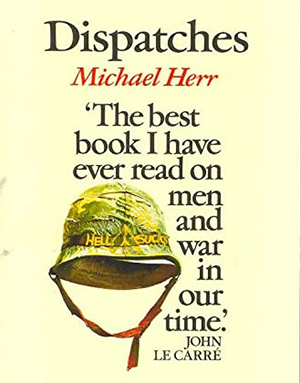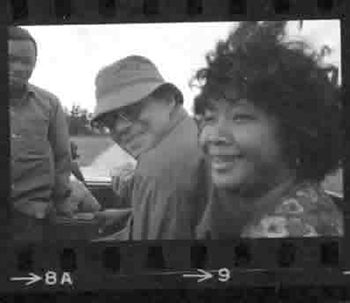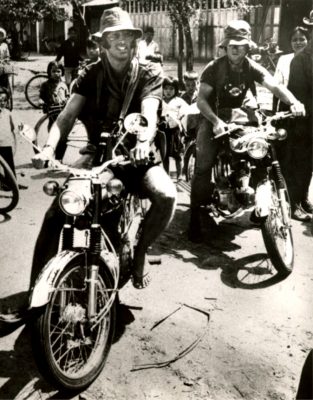Lender Center Researcher Studies Veterans’ Post-Service Lives, Global Conflict Dynamics
Corri Zoli ’91, G’93, G’04 was recently named a research associate of the Lender Center for Social Justice. She applies social science, law and public policy perspectives to problems of warfare, governance in modern human conflicts and the role of…





